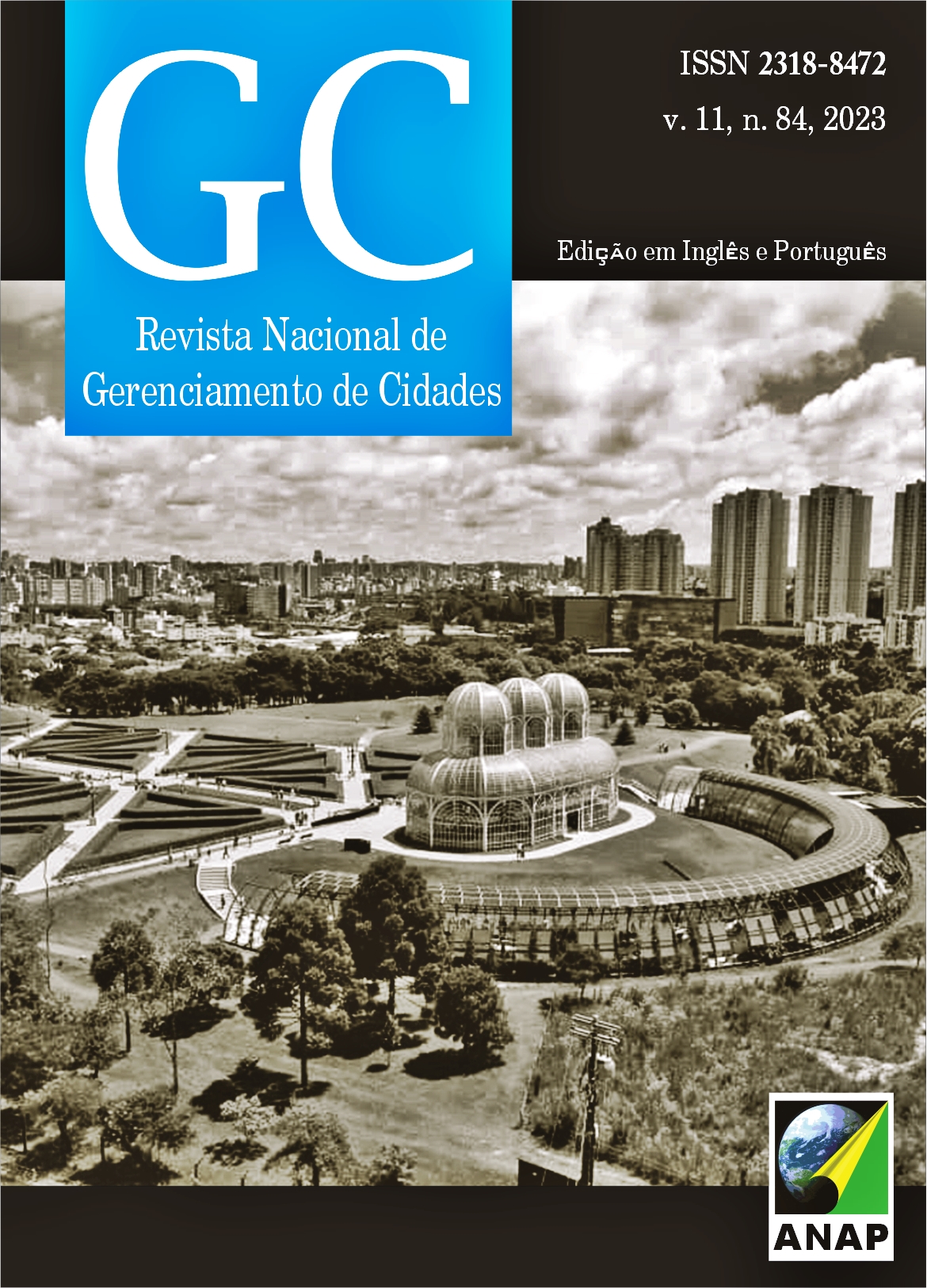Post-pandemic appropriation in an urban park: notes from an analysis of the use of urban furniture in Parque da Gare, in Passo Fundo/RS
DOI:
https://doi.org/10.17271/23188472118420234694Palavras-chave:
Public place, Urban Park, Use and Appropriation, COVID-19Resumo
The pandemic has established a contradiction in cities, where a public space, such as an urban park, which facilitates activities and social interactions, has also been the driving force behind the transmission of the COVID-19 virus. Thus, this new dynamic may have had an impact on the user’s view of the city and its attributes, forcing facets of aversion into urban respiration. In this way, the aim is to investigate the process of use and appropriation of Parque da Gare, in Passo Fundo, in the north of the state of Rio Grande do Sul, based on the behavior and perception of users of the space, after the pandemic scenario. The methodology was applied in two stages: firstly, to map the process of users’ choices, the behavioral analysis method was applied, carrying out systematic observations. In the second step, observations were combined with the user’s perception through online questionnaires, contributing to a macro assessment. Discussing the results, it was possible to see that significant changes in the appropriation of urban furniture occurred, along with impacts on preference. It was noted that survey respondents do not feel safe using local furniture, which requires interventions in terms of management, maintenance and new project proposals in parks. With the work, observed preferences were spatialized, understanding patterns of attitudes and behaviors, contributing to the understanding of urban perceptions. It is concluded that these places of immense value in the city’s health require adjustments, to reconnect the user with the park’s infrastructure, guaranteeing more positive and safe sensations in this return to the city.
Downloads
Downloads
Publicado
Edição
Seção
Licença

Este trabalho está licenciado sob uma licença Creative Commons Attribution-NonCommercial-ShareAlike 4.0 International License.














